THE PRESENT AS HISTORY |
NERMEEN SHAIKH |
THE PRESENT AS HISTORY
CRITICAL PERSPECTIVES
ON CONTEMPORARY GLOBAL POWER
Columbia University Press

New York
Columbia University Press
Publishers Since 1893
New York, Chichester, West Sussex
cup.columbia.edu
Copyright 2007 Columbia University Press
All rights Reserved
E-ISBN 978-0-231-51241-1
A Caravan book. For more information, visit
www.caravanbooks.org
Library of Congress Cataloging-in-Publication Data
Shaikh, Nermeen.
The Present as history : critical perspectives on contemporary global power / by Nermeen Shaikh.
p. cm.
Includes bibliographical references and index.
ISBN 978-0-231-14298-4 (clothbound : alk. paper)
ISBN 978-0-231-14299-1 (pbk. : alk. paper)
ISBN 978-0-231-51241-1 (e book)
1. International relations. 2. World politics1989
3. Postcolonialism. 4. Developing countries
Politics and government. 5. Developing countries
Economic conditions. 6. Developing countries
Social conditions. 7. IntellectualsInterviews.
I. Title.
JZ1310. S47 2008
327. 1dc22 2007003408
A Columbia University Press E-book.
CUP would be pleased to hear about your reading experience with this e-book at .
References to Internet Web Sites (URLs) were accurate at the time of writing. Neither the author nor Columbia University Press is responsible for Web sites that may have expired or changed since the book was prepared.
For Raana Shaikh,
my Amma
CONTENTS |
I am grateful for the time that the people in this volume gave me for interviews, and to the Asia Society for permission to reprint some of the interviews. This book would not have been possible without the dedication and unwavering support of my editor, Peter Dimock. With help on the initial proposal, I am grateful to Brenda Coughlin, Yogesh Chandrani, Amy Scholder, and Adam Shatz. The interviews were conducted over the course of a few years, and during this time, the idea for this anthology took shape in discussions with much beloved friends and interlocutors: Nauman Naqvi, Gil Anidjar, James Ingram, Ninon Vinsonneau, Jonathan Magidoff, Amy Rosenberg, Sanjay Reddy, Asad Ahmed, Iram Khandwala, Barnett Rubin, and Ritu Birla. To James Ingram I am especially thankful for fifteen years of incredible conversation on politics, modernity, and much else. My father, Najmuddin Shaikh, and my grandfather, Iftikhar Ahmed Sharwani, have always nurtured my intellectual aspirations, for which they have my inexpressible gratitude. For supporting this project, despite obvious ideological differences, I am grateful to my brother Nadir Shaikh. For their unquestioning love, I will forever be indebted to Ammi and Abu (Najma and Riaz Naqvi), to my dear sister Naveen Naqvi, and to my little brother Nofil Naqvi. My parents, Najmuddin and Raana Shaikh, have made everything possible, from the beginning.
Gil Anidjar has blessed me with his intense passion, conviction, and love from the moment we first spoke, and it is only in conversation with him and Nauman that another life has become imaginable.
Nauman Naqvi, my home in all worlds, is for me an exemplary model of a critical, just, and ethical being in the world, and it is from him that I have learned more than I can ever acknowledge, in words or otherwise.
This book is dedicated to my mother, Raana Shaikh, whose example of justice and love continues to guide me, and whose encouragement and devotion gave me the strength to think, and to live, differently.
This anthology provides an introduction to the thought of several important scholars writing on the present global configuration of power and international politics. I have chosen intellectuals in various fields in the social and human sciences whose work puts them in a position to give first-hand reports on how the tradition of scholarship within which they work can provide critical angles of vision not otherwise available with which to understand and assess contemporary events. The interview format enables these intellectuals to articulate the often difficult concepts they deploy in their professional work in more accessible ways for a nonspecialist audience, bringing out the urgency and political significance of theoretical and often abstract ideas in economics, anthropology, political science, religion, history, law, and comparative literature. These voices enable us to better apprehend the broader historical, political, and economic contexts that have given rise to the global order as we live it by engaging some of the most urgent questions of our times: imperialism, the legacy of colonialism, economic inequality, global institutional frameworks, political Islam, secularism, feminism, and human rights. They also impart a broad overview of the historical context in which these issues have emerged and taken shape: from colonialism to development, from postcolonialism to modernity and beyond.
Foregrounding the significance of large and often increasing inequalities, both within and across nation states, the anthology opens with a section on the Global Economy, which includes interviews with Nobel laureates Amartya Sen and Joseph Stiglitz, as well as Sanjay Reddy and development critic Helena Norberg-Hodge. Sen discusses the shortcomings of the development agenda as it was conceived at the close of the Second World War, as well as the role of the institutions entrusted with the task of development, specifically the World Bank and the International Monetary Fund (IMF). He elaborates his contribution to the global debate, namely, the capabilities approach and, with it, the inauguration of the human development agenda, which expanded the field, narrowly focused on economic indicators, to include social issues such as education and health in the measure of development. Stiglitz discusses economic globalization and the overwhelming power of the IMF in particular in guiding its trajectory. He elaborates how international economic institutions are often dominated by financial and commercial interests in the wealthiest countries and the implications of this for developing economies. Helena Norberg-Hodge uses her experience in Ladakh, Tibet, as a way of advancing a critique of the development agenda as it has been conceived and practiced in the postwar era and its relation to similar practices in the colonial period. She discusses the shortcomings of the World Bank and the IMF, as well as the often adverse consequences of development policies for local populations in recipient countries.
In the next section, Postcolonialism and the New Imperialism, political scientists Partha Chatterjee, Mahmood Mamdani, and Anatol Lieven chart the trajectory of hegemonic power from the colonial to the postcolonial period. Elaborating on his earlier work on India, Chatterjee discusses the significance of the Subaltern Studies school of history writing, a history from below, as it were, of the nationalist struggle against British colonialism. He discusses the implications of the continuation of colonial government administration following decolonization, and the peculiar forms of modernity bequeathed to the former colonies. Mahmood Mamdani also elaborates the continuation of colonial practices in the context of Africa and in much of the developing world. Focusing on the consequences of the Cold War, he discusses the growth of terrorist movements around the world during that period, and the increasing politicization of Islam, together with the global impact of the continuities in American foreign policy with respect to the Third World. Anatol Lieven, a journalist as well as a researcher, focuses on the different strains of American nationalism. He discusses the continuities and the ruptures between nineteenth-century empires and the American one, elaborating on the use of concepts such as the civilizing mission and indirect rule.

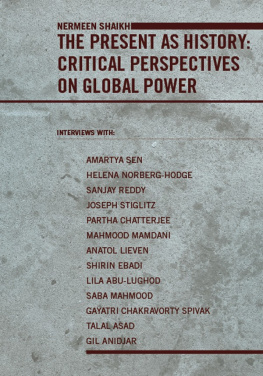

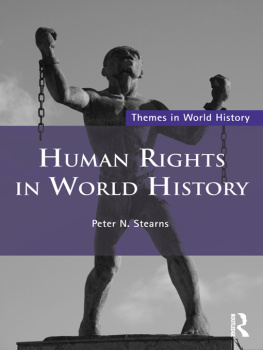
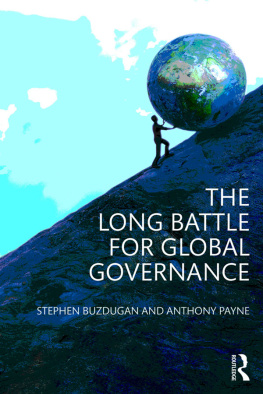
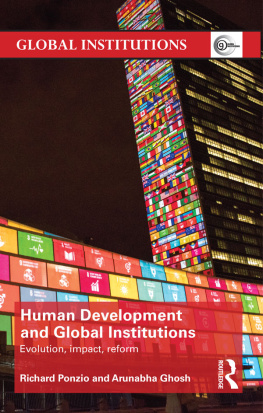
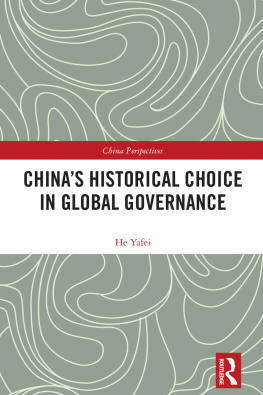
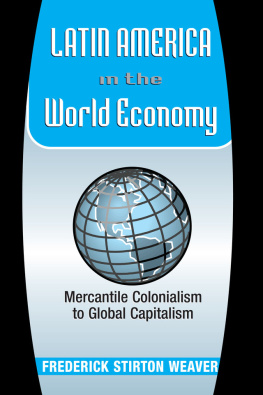
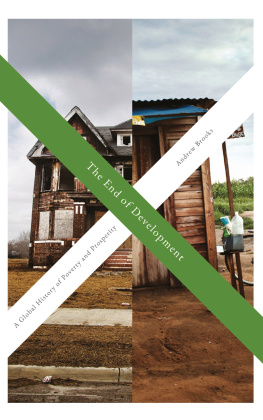
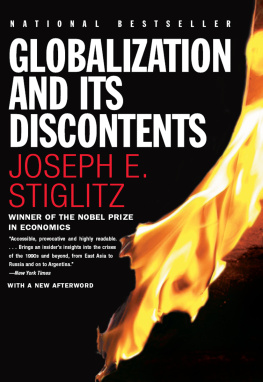
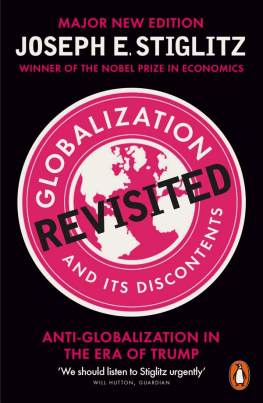
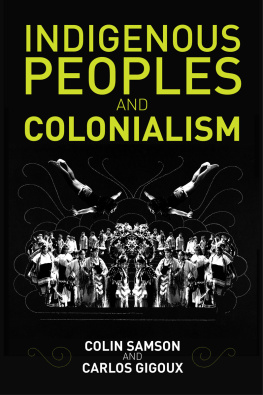
 New York
New York